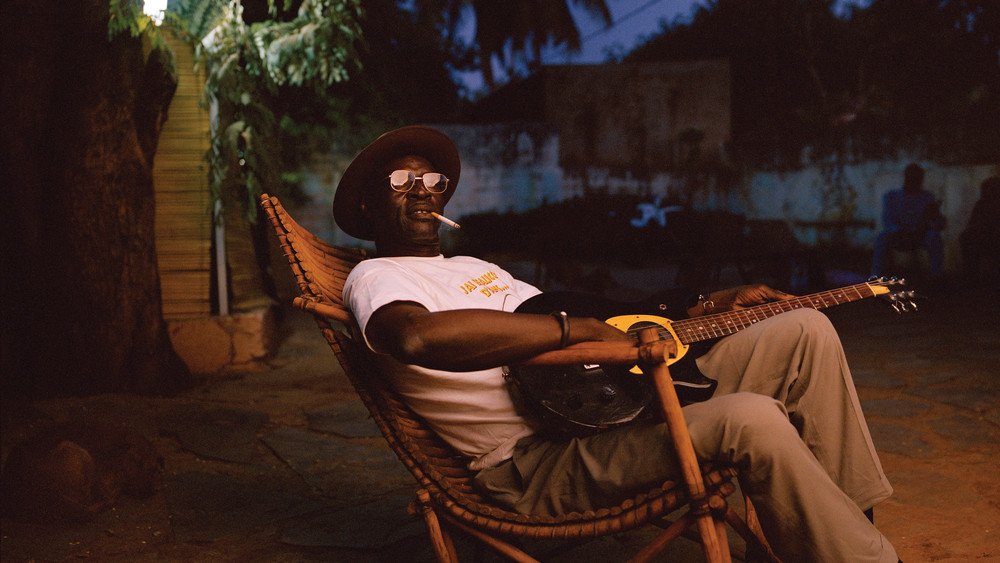Toure, Ali Farka
Photo obtained from Toure’s Spotify.
Ali Ibrahim "Ali Farka" Touré (1939-2006) was a renowned Malian musician celebrated for his pioneering role in blending traditional Malian music with African American blues, a genre he helped shape into what is known today as African Desert Blues. His artistry earned him significant international recognition, including placements on Rolling Stone's and Spin magazine's lists of greatest guitarists.
Born in the village of Kanau, near the Niger River, Touré was the sole surviving child among ten siblings. Despite his noble caste status, which traditionally barred him from musical performances reserved for the griot caste, Touré defied societal norms by crafting a monochord from a tin can and learning to play it. His musical journey took a decisive turn after witnessing Guinea's national ballet performance in 1956, inspiring him to master the guitar.
Throughout the 1960s, Touré participated in national competitions in newly independent Mali, absorbing a diverse array of musical traditions from various ethnic groups. This period also marked his discovery of African American blues, particularly the works of John Lee Hooker, which resonated with him profoundly.
Touré’s career as a musician took off in the late 1970s with a series of self-titled albums. His unique sound, which combined traditional Malian rhythms and blues, captivated audiences globally. His collaborations included notable works with Ry Cooder on the Grammy-winning "Talking Timbuktu" and with Toumani Diabaté on "In the Heart of the Moon."
Touré’s legacy continues through posthumous releases, tributes, and the ongoing influence of his music in various media and performances by the Ali Farka Touré Band. His contributions have left an indelible mark on world music, cementing his status as a bridge between African musical traditions and global audiences.
Solo(s) works for the Classical Guitar

